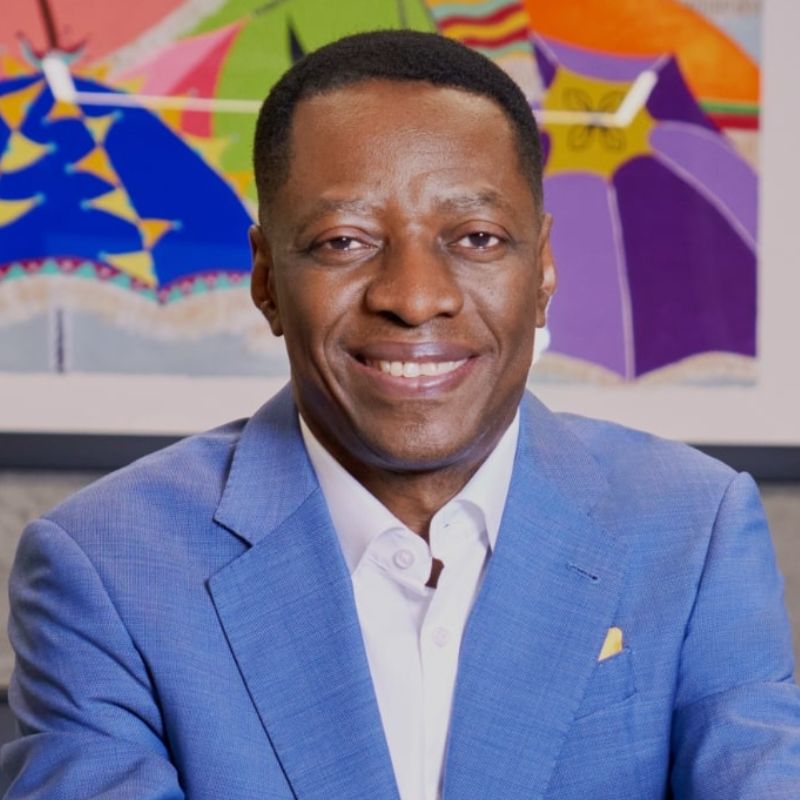Global Speaker and Strategic Leadership Coach, Sam Adeyemi, has called for an intentional shift in cultural programming to unlock generational transformation across Africa. In a compelling message on mindset and national development, Adeyemi emphasized the urgent need to rewire the values, beliefs, and expectations that shape how people think, act, and lead.
He illustrated his point with a historical marketing case from post-World War II Japan. According to Adeyemi, a global conglomerate had tried and failed for years to introduce coffee to the Japanese market, where tea dominated emotionally and culturally. In the 1970s, the company brought in marketing psychologist Clotaire Rapaille, who identified a missing emotional connection to coffee. Their solution was simple but profound: they introduced coffee-flavored candies to children. Over the next three decades, those children grew up with a taste for coffee, eventually transforming Japan into one of the world’s largest coffee importers.
YOU CAN ALSO READ: Nigerian-German Chamber of Commerce Appoints Tech Leader Yemi Keri as Board President
“That’s culture programming,” Adeyemi said. “When you successfully program an individual, it becomes habit. When you program a group, it becomes culture.”
He explained that culture has the power to override intentions, innovations, and even divine promises, referencing the biblical story of the Israelites in the wilderness. Despite being freed from slavery, they longed for the food and familiarity of Egypt, lacking a cultural appetite for progress and freedom.
Drawing parallels with modern Africa, Adeyemi argued that the continent faces a similar challenge: reprogramming the subconscious norms formed through years of colonization, poverty, and broken systems. “This taste for mediocrity and hardship must be replaced with a hunger for excellence,” he said.
He recounted a recent TV clip showing Nigerian students writing exams by candlelight and phone torch due to electricity failure. “That image should shake a nation,” he said. “But if parents see it as normal, then the future is already compromised. We cannot raise children in darkness and expect them to lead in light.”
Adeyemi emphasized that transformation must begin at home and in society by modeling excellence. He cited the example of Moses, raised in Pharaoh’s palace rather than among slaves. This early exposure to royalty shaped his leadership identity and enabled him to resist systems of oppression.
“A child’s environment programs their mind,” Adeyemi noted. “That’s why God told Israel to write His words everywhere—in homes, on hands, and foreheads—so children would be surrounded by revelation, not corruption.”
He referred to his book Shifts, where he explores how consistent exposure to certain messages can put a person’s life on autopilot. According to Adeyemi, cultural transformation requires more than preaching—it demands visible modeling. “Children follow what we do more than what we say,” he said.
YOU CAN ALSO READ: Nigerian-German Chamber of Commerce Appoints Tech Leader Yemi Keri as Board President
Adeyemi concluded with a declaration of hope, stating that Africa’s next generation will not be destroyed by the patterns of the past. “Our children will fulfill their purpose. Evil will pass over them. God will raise leaders who have a taste for excellence and progress.”
His message serves as a call to action for parents, leaders, educators, and policymakers to be intentional about what values they reinforce in the younger generation—because what is normalized today will determine the future of nations tomorrow.










